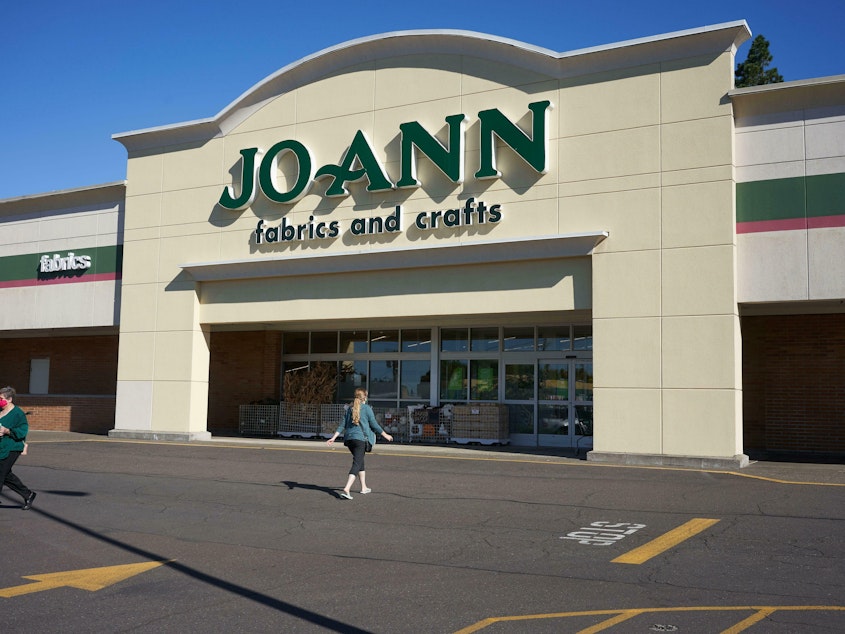The arts and crafts giant Joann files for bankruptcy, but stores will remain open

Joann — the craft store chain formerly known as Jo-Ann Fabrics — has filed for bankruptcy amid ongoing financial troubles.
But DIYers need not worry just yet: The company's more than 800 stores nationwide will remain open and its website will stay active as the Hudson, Ohio-based company restructures its finances.
"We remain committed to our suppliers, partners, Team Members and other stakeholders, and are focused on ensuring we continue to operate as usual so we can continue to best serve our millions of customers nationwide," Joann's chief financial officer Scott Sekella said in a statement.
Joann and certain affiliates have filed for Chapter 11 bankruptcy in the U.S. Bankruptcy Court for the District of Delaware.
As part of the court-supervised bankruptcy process, Joann expects to receive $132 million in new financing. It said it will also slice its funded debt by about $505 million, but that "customers[,] vendors, landlords, and other trade creditors will not see any disruption in services."
Sponsored
Additionally, Joann will become a private company again and will be delisted from the Nasdaq stock exchange, just two years after it went public in March 2021.
The company said in an SEC filing earlier that year that the COVID-19 pandemic had spurred growth in the sewing and broader crafting industry, with people across the U.S. fashioning their own masks and using the additional time at home for DIY pursuits.
"[W]e view the significant number of new customers and increased engagement by new and current customers as a very encouraging signal for the future of our business," the company said.
But in September 2023, during a sales slump, Joann announced that it was restructuring its field and corporate operations and laying off an unknown number of workers, Retail Dive reported.
The company said in a December earnings report that its third-quarter net sales had dipped by 4.1% compared to the same period the year before, and its long-term debt was roughly $1.2 billion. [Copyright 2024 NPR]

